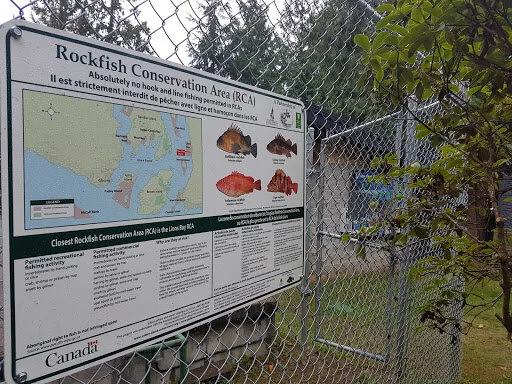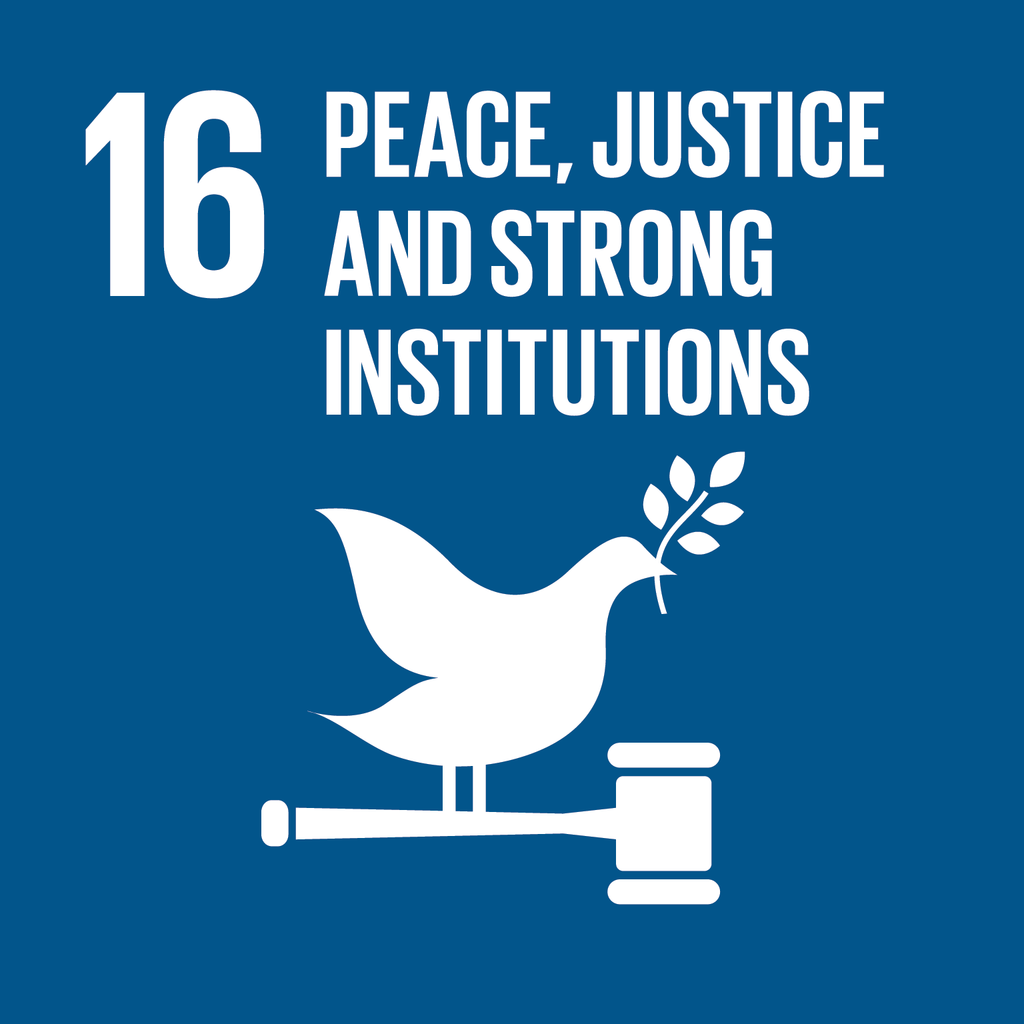Below are current actions in addition to those reported in the Ocean Watch - 2020 Edition
+ 4.1 Implement appropriate regulations to curtail actions that are detrimental to the environment (e.g., pesticides, pollutants, boating, development).
- New marine zones are under development for Squamish marine areas as part of Stage 2 of the overall Squamish Zoning Bylaw Update in 2020. The intent of these municipal marine regulations is to provide for and enhance the coordination, shared use and protection of marine coastal areas within the District of Squamish.
- The Town of Gibsons and Village of Lions Bay are amending their bylaws to address the threats posed by free roaming cats to biodiversity conservation, human health and cat welfare. Read more here.
+ 4.2 Strengthen protections for vulnerable ecosystem components including legal protection, e.g., Important Bird Areas.
Islands Trust Conservancy received half a million dollars over three years to support species at risk in the Howe Sound. Possibly the expansion of bird designations across the islands. Focusing on forest protection
The English Bay, Burrard Inlet & Howe Sound Important Bird and Biodiversity Area (IBA) is soon to be re-assessed as a Key Biodiversity Area, which is the taxonomically inclusive recognition of the wildlife of the area. Birds Canada is leading this re-assessment with partners at the IUCN, Wildlife Conservation Society, WWF, Nature Serve and Nature Canada. There is confidence that Átl’ka7tsem/Howe Sound will qualify as a Key Biodiversity Area. For more KBA material, please view this story map.
In 2022/23 the Village of Lions Bay became the first official Bird Friendly Community. The status was upgraded in 2024. This is an indication of community support for education, bylaws and actions to prevent loss of birds.
+ 4.3 Explore the option of citizens or First Nations working with government agencies (e.g., a ranger program or something akin to the Coastal Guardian Watchmen Program).
- Spring 2021, in collaboration with Fisheries and Oceans Canada (DFO), the [Sea to Sky Invasive Species Council ][3]recruited local volunteers to help us survey for European Green Crab in Howe Sound, which will involve setting multiple crab traps at pre-determined sites, and then returning 24 hours later to collect & record data.
- Since 2021-2024, resulting from collaboration through the Ocean Watch Action Committee, European Green Crab monitoring was expanded beyond the SLRD area to include monitoring at Bowen Island and West Howe Sound. A funding proposal to DFO was not successful in 2023, however local solutions have been implemented, a combination of in-kind support of volunteers and Municipal support, and donations.
+ 4.4 Other Frameworks influencing policy
September 2021, Átl'ka7tsem / Howe Sound was designated Canada's 19th UNESCO Biosphere Reserve. The designation requires a management plan that will set out how the region obtains the objectives of the UNESCO Biosphere program, and the governance structure. The designation is reviewed every ten years.
April 2023, The Átl’ḵa7tsem Governance Advisory Committee (GAC) had its first meeting. The committee is comprised of representatives from First Nations, municipalities and regional organizations. The GAC focus is on providing a space for conversation and information sharing (not decision-making) related to marine spatial planning (MSP) efforts within the Sound, foster relationship building and coordinating on initiatives across the different governments and organizations to further MSP efforts, and support connecting data and decision-support tools to relevant users. Moving forward, the GAC will be meeting several times a year.


